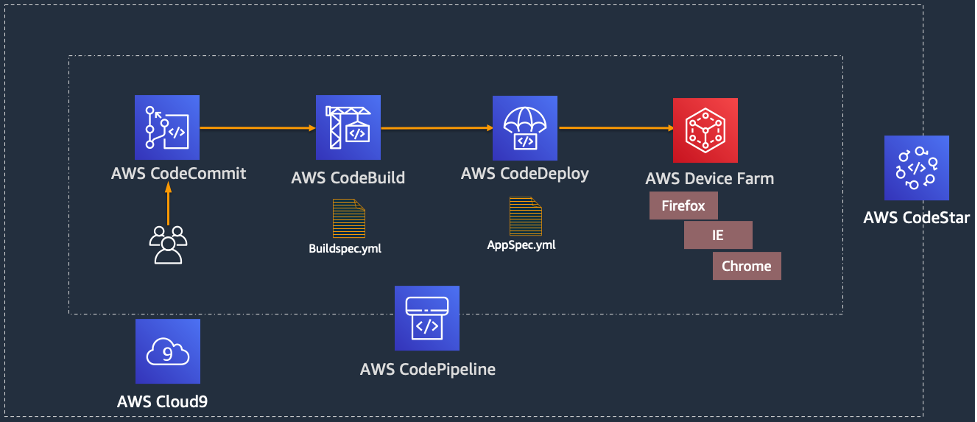AWS DevOps Blog
Category: Front-End Web & Mobile
Deploy .NET Blazor WebAssembly Application to AWS Amplify
AWS Amplify is a set of purpose-built tools and features that lets developers quickly and easily build CI/CD Pipeline for full-stack applications on AWS. Blazor can run your client-side C# code directly in the browser, using WebAssembly. It is a .NET running on WebAssembly, and you can reuse code and libraries from the server-side parts […]
Simulated location data with Amazon Location Service
Modern location-based applications require the processing and storage of real-world assets in real-time. The recent release of Amazon Location Service and its Tracker feature makes it possible to quickly and easily build these applications on the AWS platform. Tracking real-world assets is important, but at some point when working with Location Services you will need to […]
Integrating with Aarogya Setu Open API on AWS to ensure a safe workspace
The Indian government announced the Open API Service from Aarogya Setu (ASetu) in August, 2020. It enables organizations and business entities to fetch the COVID-19 risk status of their employees or any other ASetu app users. Most office spaces have a visitor management system that controls access or logs the identities of people entering the […]
Integrating AWS Device Farm with your CI/CD pipeline to run cross-browser Selenium tests
Continuously building, testing, and deploying your web application helps you release new features sooner and with fewer bugs. In this blog, you will create a continuous integration and continuous delivery (CI/CD) pipeline for a web app using AWS CodeStar services and AWS Device Farm’s desktop browser testing service. AWS CodeStar is a suite of services […]
Building, bundling, and deploying applications with the AWS CDK
Learn how to perform application build commands as part of your AWS CDK build process by using the native AWS CDK bundling functionality.
Building and testing iOS and iPadOS apps with AWS DevOps and mobile services
Continuous integration/continuous deployment (CI/CD) helps automate software delivery processes. With the software delivery process automated, developers can test and deliver features faster. In iOS app development, testing your apps on real devices allows you to understand how users will interact with your app and to detect potential issues in real time.





